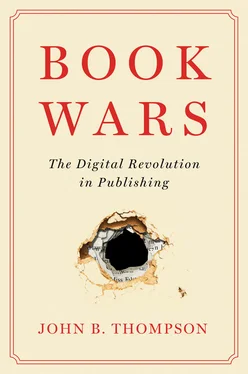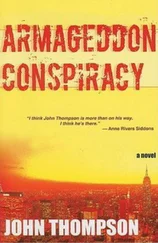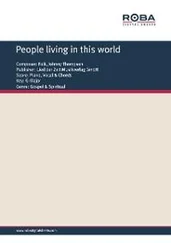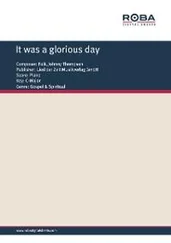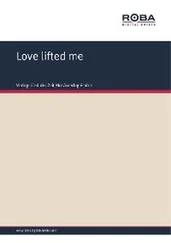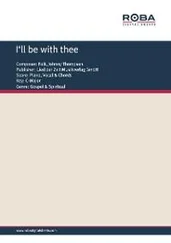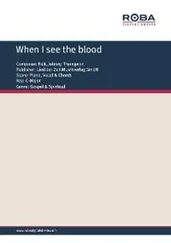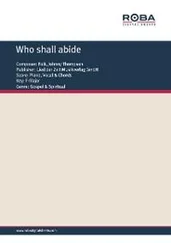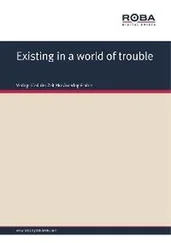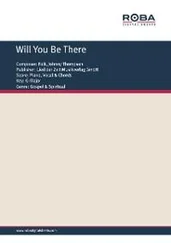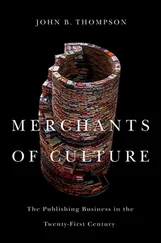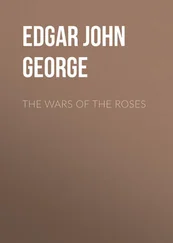The first few steps into this brave new world have turned out to be much more difficult than anyone thought. Not that it’s difficult to imagine new possibilities, or even that difficult to create them – this can all be done, and the period from 2010 to 2015 was full of new experiments and ventures that did exactly this. We were showered with the bounties of digital creativity. What is much more difficult is to come up with an organizational structure and a business model that will enable these new digital outputs to be produced in an ongoing, sustainable way. Wonderful new digital objects have been created, one might even call them new forms of the book that stretch our understanding of what ‘a book’ is and can be, but the processes that led to their creation were, for the most part, unsustainable – most of the organizations in which these processes were embedded failed. For one reason or another, they just couldn’t generate sufficient revenue to continue their creative activities. They may have had one or two or even several great successes but, as markets changed and windows of opportunity closed, their ability to secure a viable revenue stream declined. Success turned into failure, excitement and hope turned into disappointment, and the idea that the digital revolution might lead to the invention of a new form of the book, as distinct from a new format , began to look less likely. This was turning out to be a false dawn.
We are still in the early stages of the digital age, of course, and it would be unwise to jump to conclusions about future developments on the basis of what has happened so far. The experiments that took place in the period from 2010 to 2015 were conditioned by the technologies and delivery systems available at the time, as well as by the broader features of an information environment in flux, and it could well be that, as this environment continues to evolve and as new technologies and delivery systems emerge, new opportunities for the re-invention of the book will arise. But then, as before, the same question of sustainability will arise, and new forms will endure only if the processes and organizations that bring them into being are able to survive and maintain these forms beyond the initial start-up phase.
1 1 Angus Phillips, Turning the Page: The Evolution of the Book (Abingdon: Routledge, 2014).
2 2 Very short books, of 10,000 words or less, are more common in other languages such as French or Spanish. In English-language trade publishing, however, it is rare for texts of 10,000 words or less to be published as printed books.
3 3 Laura Hazard Owen, ‘Why 2012 Was the Year of the E-Single’, Gigaom (24 December 2012), at https://gigaom.com/2012/12/24/why-2012-was-the-year-of-the-e-single.
4 4 Vook was subsequently rebranded as Pronoun in May 2015, and Pronoun was acquired by Macmillan US in May 2016.
5 5 Another example is the Brooklyn-based Restless Books. Established in 2013 by Ilan Stavans, a professor of humanities and Latin American culture at Amherst College, Restless Books set out to translate books from Mexico and elsewhere and publish them as ebooks in English; it was initially funded by a sympathetic benefactor but its ambition was to become a self-supporting, going concern. Being an ebook-only publisher seemed like a good idea at the time – ‘it’s cheap and easy. You don’t have to have a printer, you don’t have to have a distributor, you can just start publishing ebooks’, explained one employee. But they quickly discovered that it was very hard to be an ebook-only publisher. They started with five or six books in October 2013, but the books went nowhere – no one knew about them, they were not in bookstores and they got no review coverage. Sales were pitifully low – in the dozens of units, not the hundreds, let alone the thousands: ‘The books were essentially disappearing into the ether.’ Six months after they published their first books, they realized they had to change course and print physical books. ‘We made ebooks the initial mission of Restless, to be innovative, to be new and fresh and think of ways of transmitting information digitally as a way to cross borders and boundaries, and that is still true. But funnily enough, in order to be innovative, we had to go way old-school. We had to become a print publisher.’ Unlike Atavist Books, Restless survived and, by 2015, around 90 per cent of its sales was accounted for by print.
6 6 Evan Schnittman, London Book Fair 2011 Digital Conference, at www.youtube.com/watch?v=fiUapEUGRhY.
7 7 Adam Hammond, ‘How Faber’s App Rescues Eliot’s Masterpiece from the Waste Land of Print’, The Toronto Review of Books, 17 April 2012, at www.torontoreviewofbooks.com/2012/04/how-faber-and-fabers-ipad-app-rescues-t-s-eliots-masterpiece-from-the-waste-land-of-print.
8 8 The Sunday Times, 26 June 2011.
9 9 The Guardian, 7 December 2012.
10 10 See Thomas Sommer, ‘App Store Stats Bonanza’ (7 August 2014), at www.applift.com/blog/app-store-stats-bonanza.html.
11 11 Others came to a similar conclusion. Dave Addey founded Agant, an app development agency, in 2002, and had great success with the National Rail Enquiries app for the iPhone that was launched in 2009. He went on to build numerous apps for publishers, among others, including several apps for Faber – one of which, Malcolm Tucker: The Missing iPhone, an app version of the book The Thick of It: The Missing DoSAC Files, was nominated for a BAFTA in 2011. He had enough projects under way to move into a suite of offices in Leamington Spa and take on several additional members of staff. But he found that the same pincer movement of pressures that had undermined Touch Press – the difficulty of achieving visibility in the App Store and the downward pressure on prices – was also making life very difficult for Agant. In the end, he threw in the towel and closed down the business in 2013: ‘I don’t see the creation of apps as products being worth the risk, especially when I am the person taking the risk.’
Конец ознакомительного фрагмента.
Текст предоставлен ООО «ЛитРес».
Прочитайте эту книгу целиком, купив полную легальную версию на ЛитРес.
Безопасно оплатить книгу можно банковской картой Visa, MasterCard, Maestro, со счета мобильного телефона, с платежного терминала, в салоне МТС или Связной, через PayPal, WebMoney, Яндекс.Деньги, QIWI Кошелек, бонусными картами или другим удобным Вам способом.
